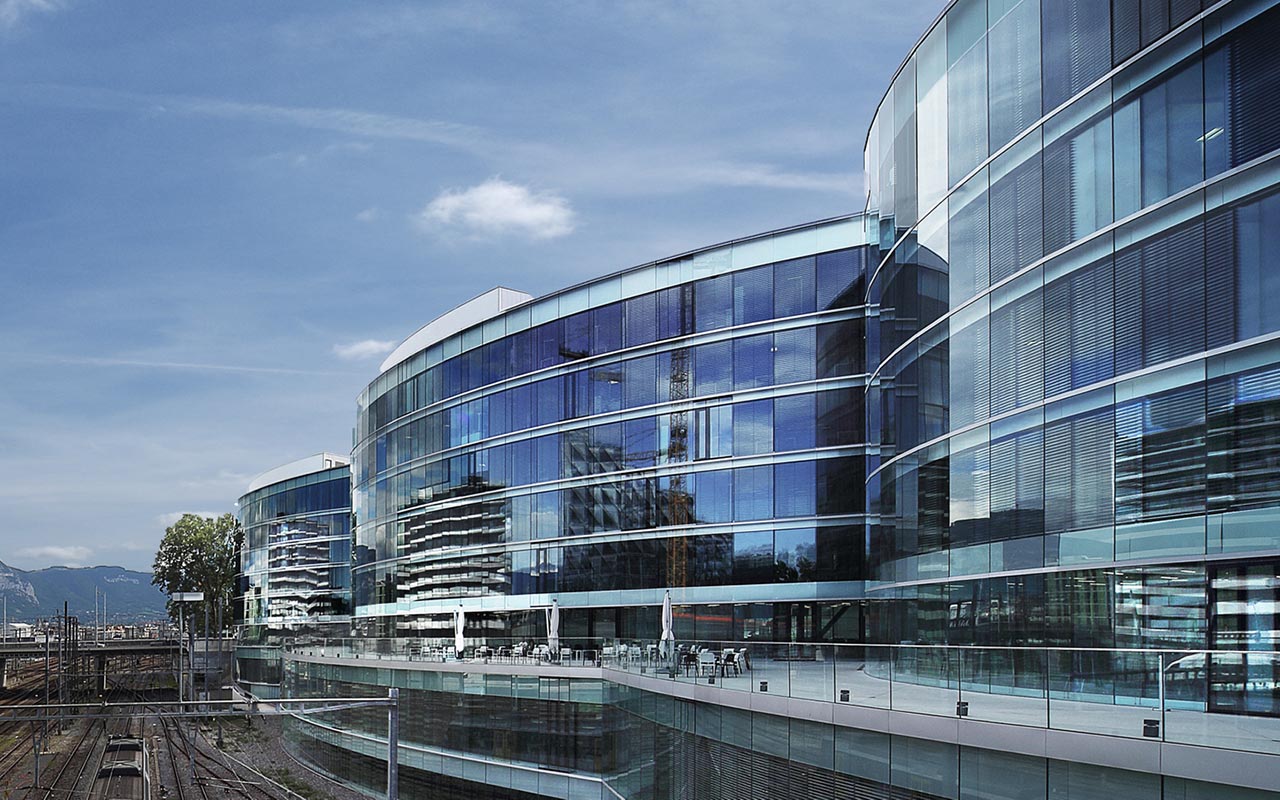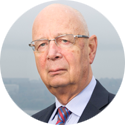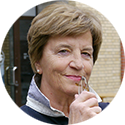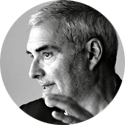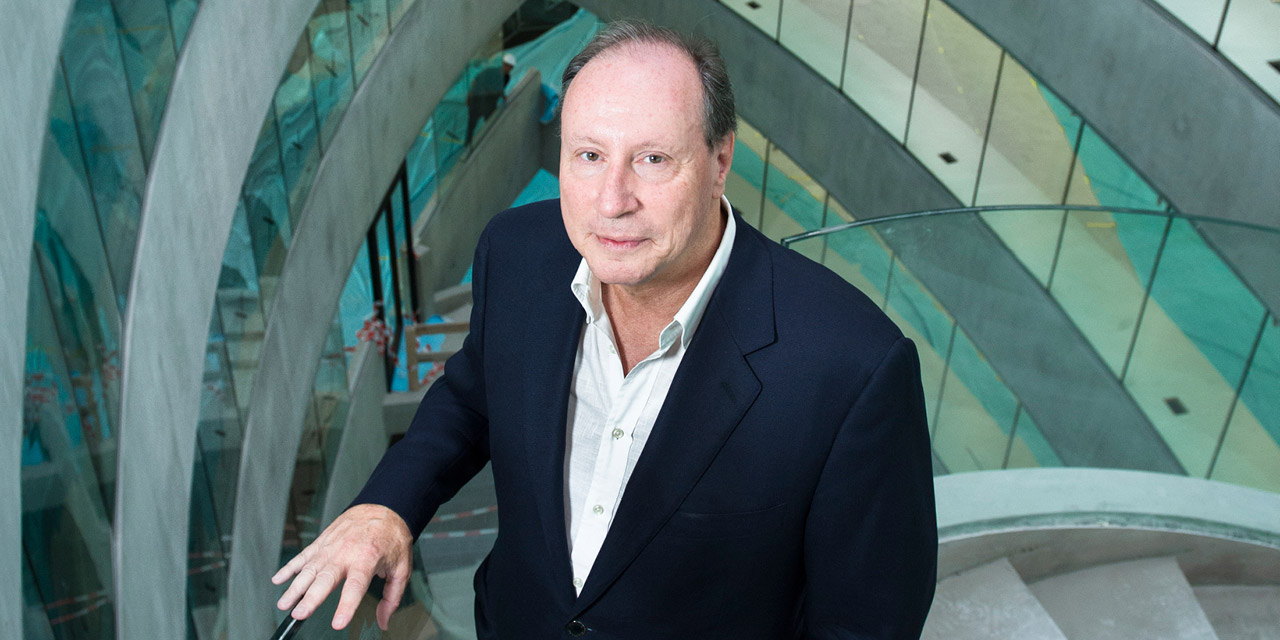
“This is where many synergies converge”
Philippe Burrin has been director of the renowned Graduate Institute of International and Development Studies in Geneva since 2004. The media respectfully refer to him as the “Cardinal of international Geneva”. This would mean that, with the Maison de la Paix, Steiner AG has built the institute’s cathedral.
With wars in Syria, Iraq and Ukraine, how can the Graduate Institute contribute to world peace?
As a university institution, we indeed specialise in international politics, but our expertise goes beyond current events. We aim to grasp the complexity of conflicts and their interconnectedness. That is the only way lasting, realistic strategies for conflict resolution can be found.
The press refers to you as the “Cardinal of international Geneva”. Why?
The Graduate Institute was founded in 1927, seven years after the League of Nations, the predecessor to the UN. Historically, we are closely associated with the international organisations based in Geneva and their development. We work together on a regular basis, organising joint conferences and research projects. That allows our institute to benefit from the knowledge of the international figures who speak or study here. As director of the Graduate Institute, I am therefore involved in many of these activities.
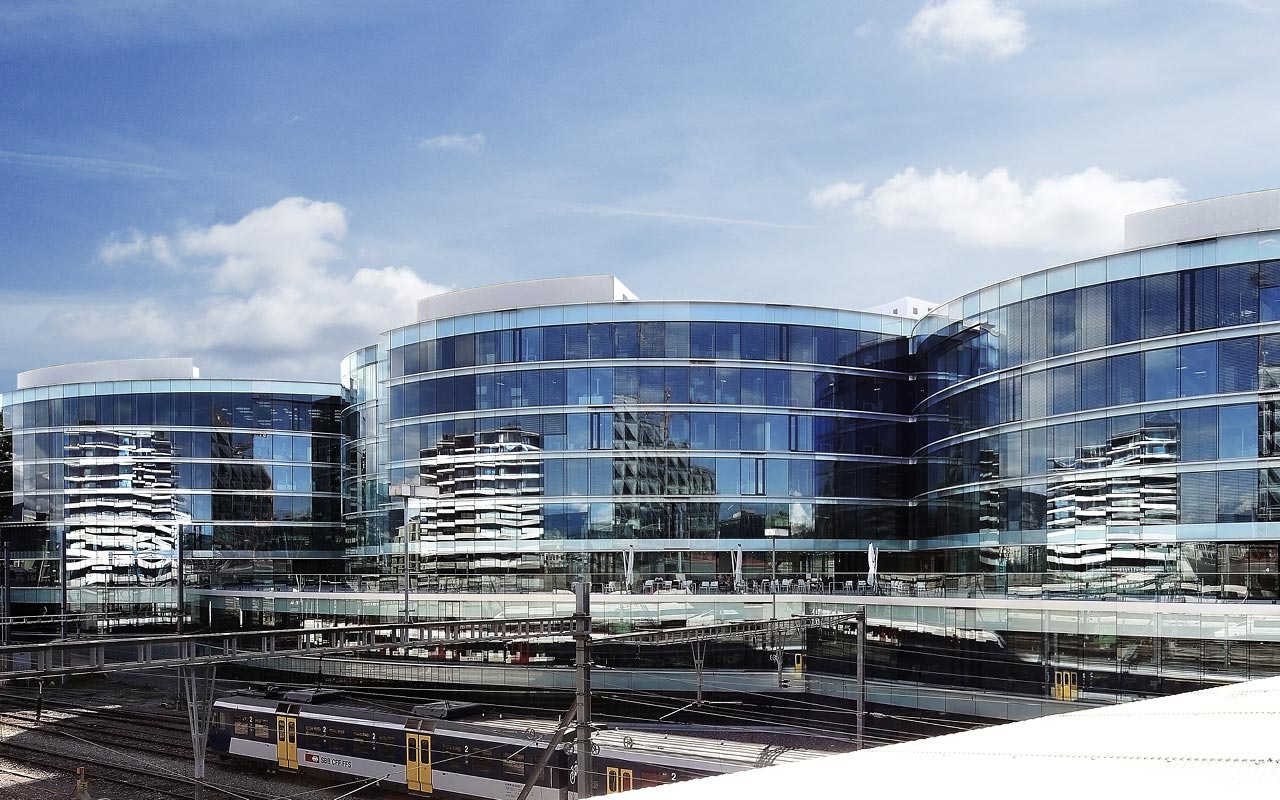
In the 1990s, you were still carrying out historical research on National Socialism, and even won the Max Planck Research Award. Do you miss historical research?
Sometimes I feel I have lived two lives, first as a researcher, now as a director. Sometimes I miss historical research. And yet, my current work bears some resemblance to research. Completely renovating an institute within a few years and building a new campus are like working on a big, collective book.
How important is history for studying international relations?
Knowledge of history is essential for all in-depth analysis of current conflicts. People do not act based on material interests alone; their values and identities also play a role. These can be traced back to the different histories they have.
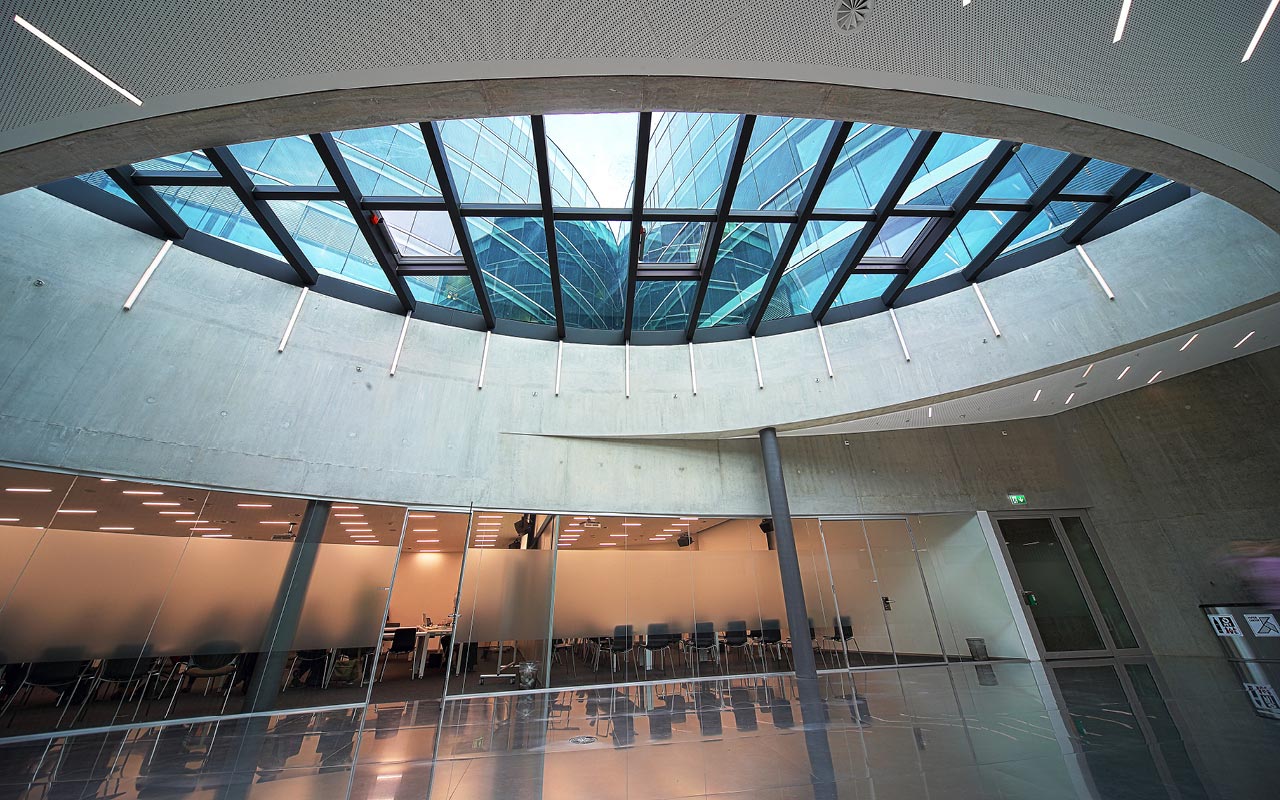
In 2013, you inaugurated the Graduate Institute’s new main building, the Maison de la Paix, with guests that included Kofi Annan. To what extent does this reflect your philosophy?
The building is not simply functional, but wins people over through a distinctive architectural gesture. It is open to the outside world and, inside, it promotes interaction among the people working here. Its contemporary artistic design is meant to promote reflection – in ourselves and in our visitors and partners.
The lack of firm foundations, the sweeping facade, all the glass – building it was a challenge. Did you ever lose your nerve as it went up?
No, because we had Steiner AG. The cooperation was exemplary. When I start to think how everything could have gone wrong, I'm pleased we were able to count on a partner who was so focused on quality and so committed.
